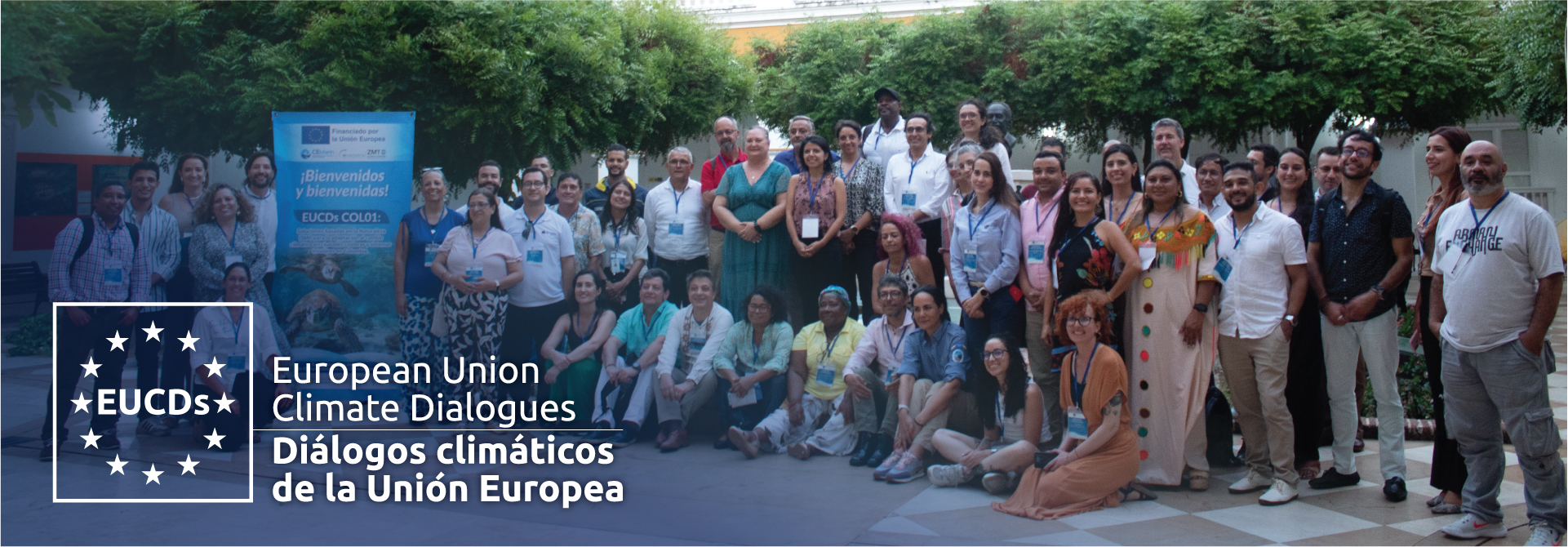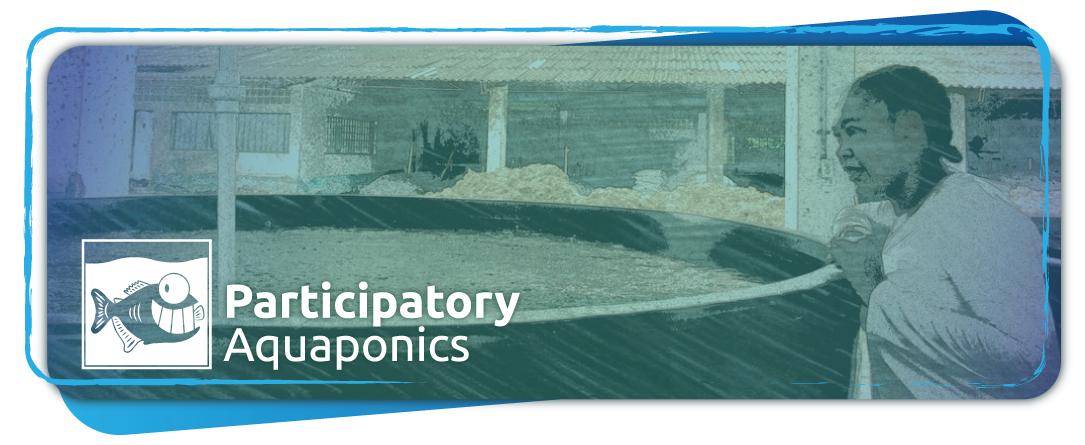

In the framework of the European Union Climate Dialogues (EUCDs), the consortium CEMarin-ZMT-IH Cantabria is implementing the above project.
The objective is to improve existing capacities in Colombia regarding NbS as climate change adaptation measures in coastal cities and island systems. This means an integrated approach at all stages of the process, from their co-design by relevant stakeholders, to their implementation and later monitoring and evaluation. This requires both technical capacities in NbS and green-gray eco-engineering interventions, and informed decision-making in terms of the ecological, economic, social and cultural factors involved. Through EU-Colombia exchanges of best practices and lessons learned, both sides can share their lessons learned from past experiences and offer mutually beneficial insights to the other.
Despite some advances in Colombia there is a clear need to further develop nature-based approaches that: a) can be implemented in regions where data is scarce; b) are easily implementable; and c) generate products that can be easily understood and are transferable to decision-making processes at local levels. Our intervention supports marine spatial planning (MSP) on Colombia’s two coasts and its island systems, by bringing together stakeholders, sharing experiences to improve collective understanding, developing a common vision regarding future priorities and strategies, and ultimately producing a Technical and Policy Recommendations (T&PR) document that will be a comprehensive input for future MSP and other decision-making processes.
This T&PR document will include topics such as areas for investment and resources required, tools, values, and the generation of other similar spaces in the future, all with the objective of ensuring the sustainability of NbS for climate change adaptation in Colombian coastal cities and island systems in the future.
The project focuses primarily on – but is not limited to – NbS related to:
Coral reefs / Seagrasses / Mangroves / Beach and dune ecosystems / Hybrid solutions
Although each ecosystem and/or strategy involved in NbS has its particularities, the objective of the European Union Climate Dialogues workshop is to identify themes that cut across all of them.
NbS are most likely to be effective when communities and policy-makers co-create them in collaboration with expert practitioners, ensuring that the solutions are tailored to meet specific community needs. In this project, we are actively engaging with diverse community organizations, government officials from the local to the national level, and technical experts from various disciplines to ensure that the resulting framework includes all necessary voices.

This project has three different stages to collect the necessary inputs for the T&PR document, click below to learn more about each of them.
About the EUCDs
The effects of climate change, attributable to greenhouse gas emissions, are becoming increasingly visible. Concrete and coherent action on a global level is the only way to mitigate the causes and effects of climate change. In this context, the EU has set out to redouble its climate diplomacy efforts and policy collaborations with major emitters outside Europe to promote the Paris Agreement’s implementation. This has resulted in establishing the new EU Action “Support to the EUs Bilateral Relations with External Partners on Climate-related Policies and Investment (EUCDs).”
The EUCDs is a project of the EU’s Foreign Policy Instruments (FPI), which was launched in February 2022. It seeks to promote the effective implementation of the Paris Agreement (PA) in the context of economic recovery from the COVID-19 pandemic crisis, the implementation of the 2030 Agenda for Sustainable Development, and the national agenda of partner countries.
The EUCDs aims at i) facilitating exchanges on climate policy options, expertise, success stories, and good practices between the EU and non-EU major economies with a view to enabling policy shifts in partner countries, ii) advancing bilateral trade, investment, and innovation in pursuit of the goals of the PA, and iii) improving public awareness of challenges and opportunities associated with the implementation of the PA.
Click here to learn more about the EU’s climate goals and external policy.





